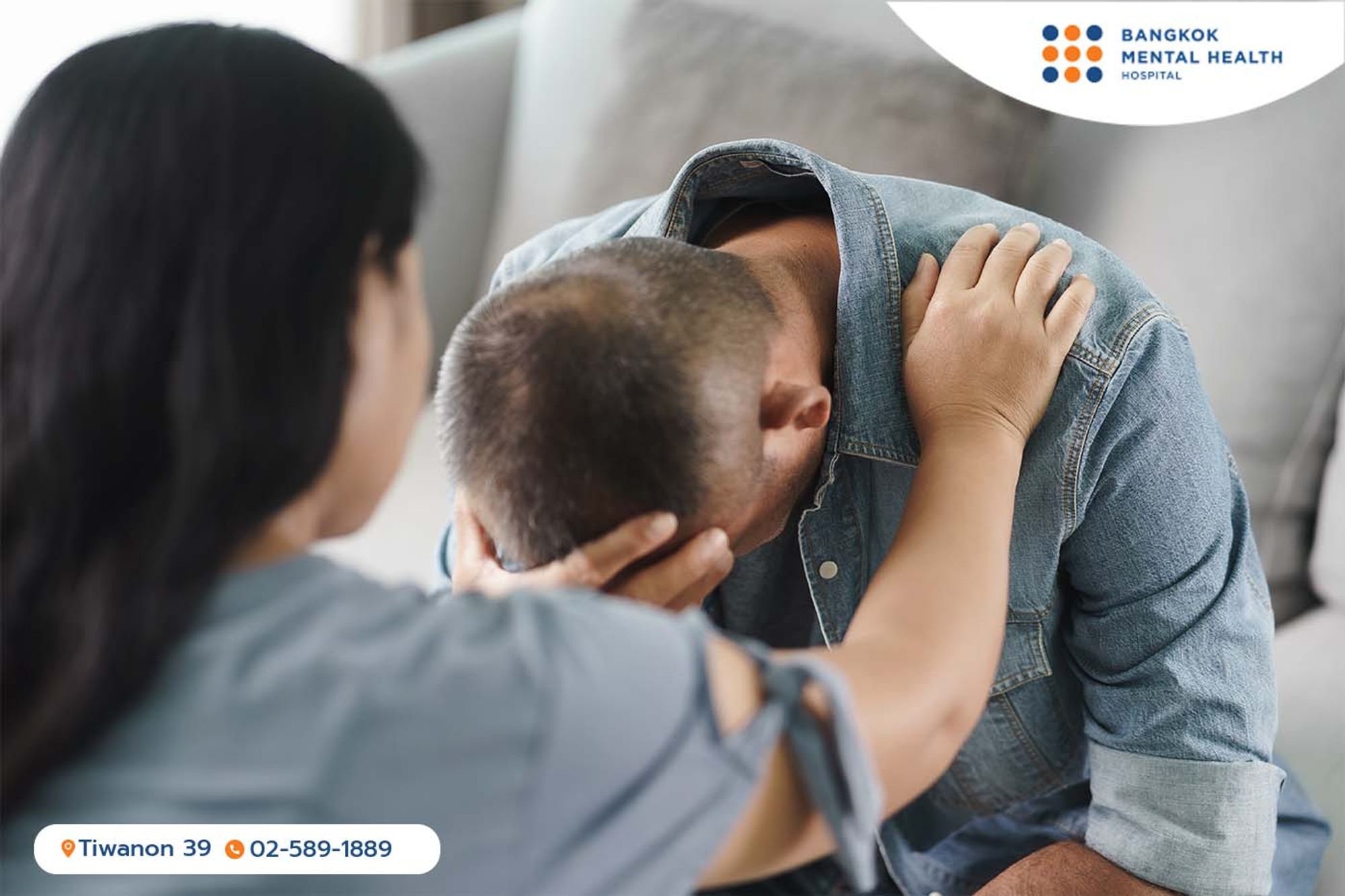
Contrary to common misperceptions, eating disorders can be treated. Early intervention is key to achieving better outcomes. Hence, keeping an eye on the eating habits of yourself and your loved ones can be helpful. If you notice symptoms such as excessive worries about body shape, food restriction, extreme food cravings, and purging behaviours such as vomiting, it is important to seek further assessment from professionals.
The treatment for eating disorders typically involves psychological therapy, which helps individuals to explore the relationship between their thinking patterns, their feeling, and their eating behaviours. A dietitian also plays an important role in formulating an appropriate and healthy meal plan. In some cases, a psychiatrist may consider prescribing medication as well.
Also vital to the recovery process is the the support of family and friends. We will try to utilise the strength of the family and friends to support the patient through the journey to recovery.
Nacharin Phiphopthatsanee, MD
MRCPsych
Related Articles

How to detect early signs of an eating disorder?
If you start experiencing symptoms such as losing control over the amount of food you eat, feeling the urge to vomit after meals

Overeating or undereating may be a sign of an eating disorder
Eating disorders are a group of psychological conditions that can lead to unhealthy eating behaviours. These behaviours

Post-Traumatic Stress Disorder (PTSD)
Post-traumatic stress disorder (PTSD), also known as acute stress disorder (ASD), is a condition that develops after exposure
Talk to Doctor
Call Us
Line BMHH